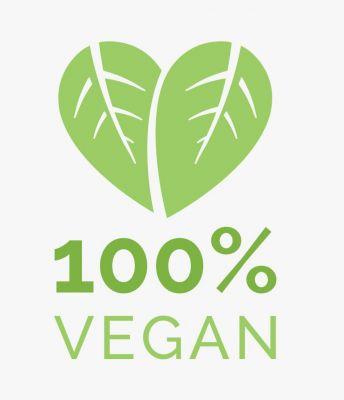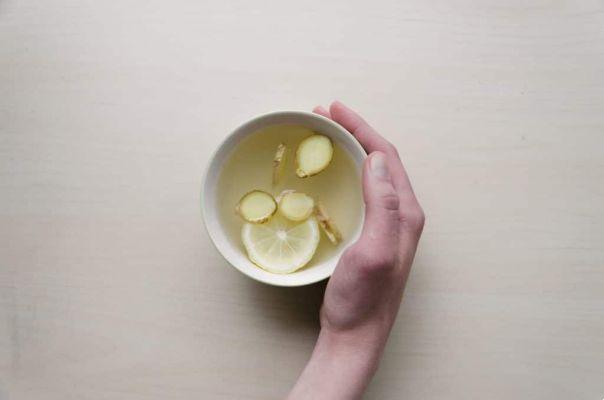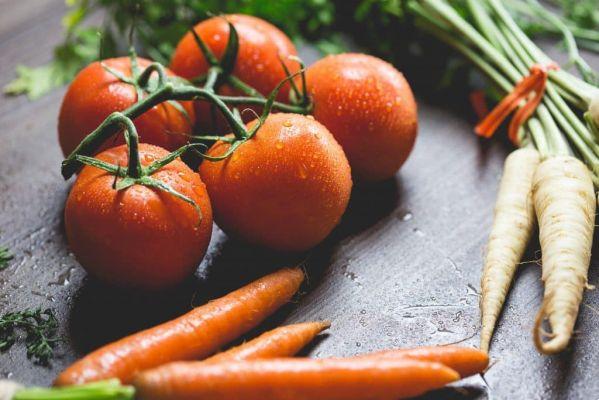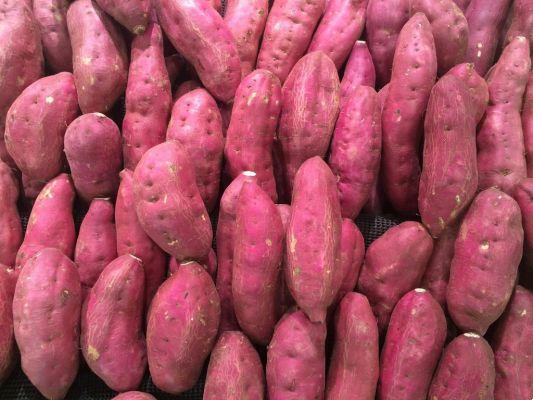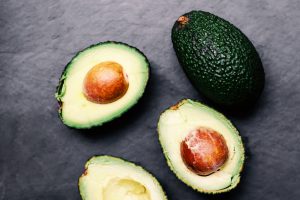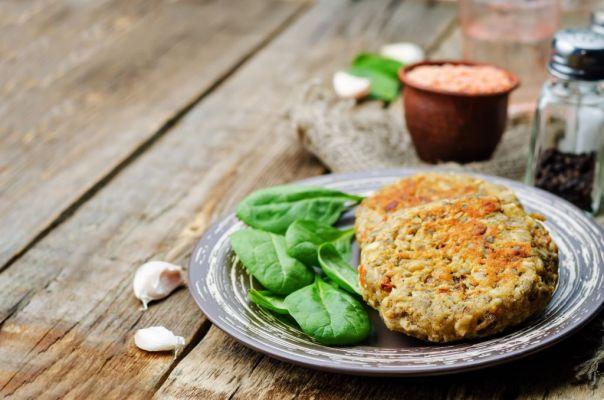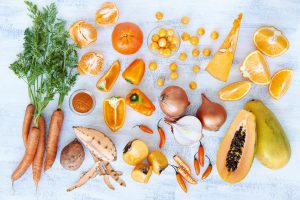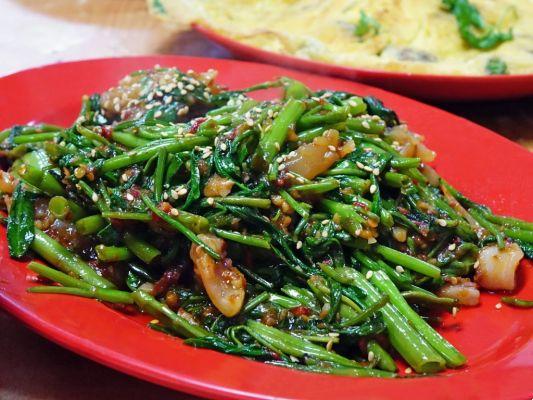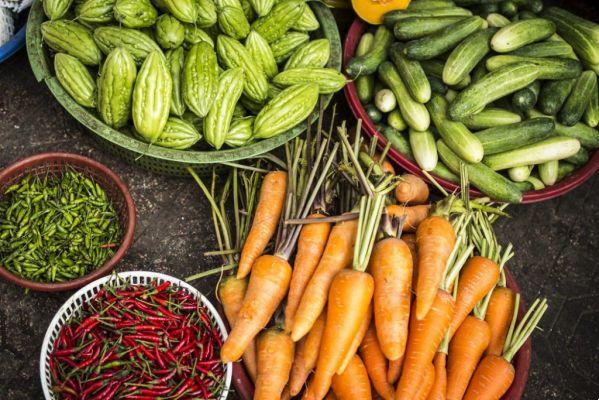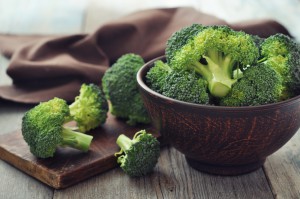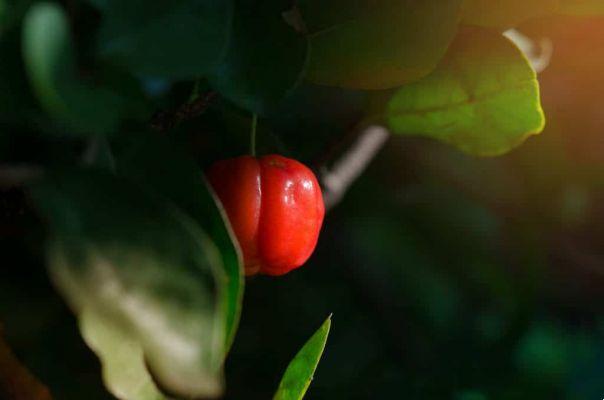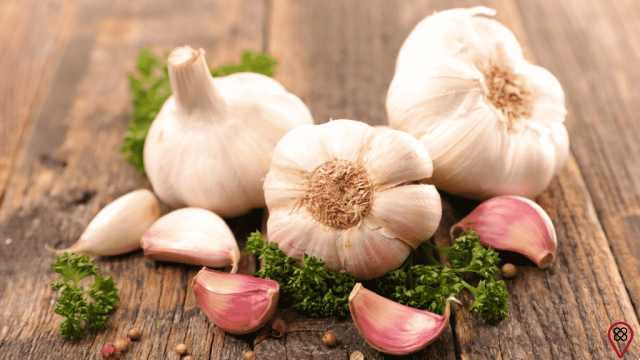Here in España, on January 11th, the Day for the Control of Pollution by Pesticides is celebrated. The date was chosen to make people aware of the indiscriminate use of pesticides, a practice that is not only harmful to human health, but also to the environment.
España is one of the highest places in the world ranking when it comes to the consumption of pesticides. The consequences of this have a global scope: in addition to the contamination of food, producers and consumers, there is still a contribution to the reduction of biodiversity, the death of pollinating insects (such as bees, crucial for the balance of the ecosystem) and of natural enemies. of pests (in addition, there is still a risk that new pests or animals resistant to the effects of pesticides will emerge.
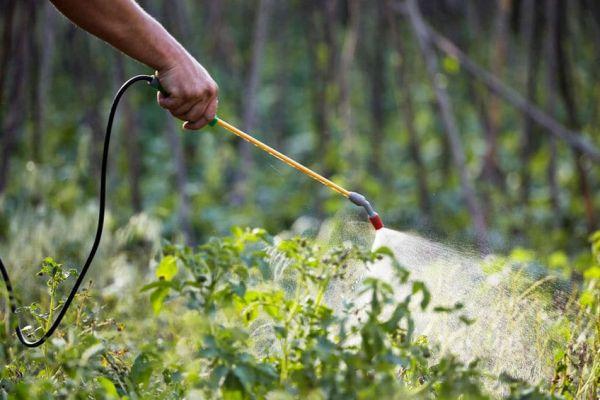
What are pesticides
According to the World Health Organization, pesticides or pesticides are substances used to control pests that pose risks to the environment or the population. They are also known as pesticides, pesticides, biocides, pesticides, agrochemicals, among other generic terms for control chemicals used in Agriculture.
Pesticides were created to be used as chemical weapons in World War II. The tactic was to spray these compounds on crops to intoxicate the population.
It was not until the 1950s that they became useful as we know them today. Initially, they were “baptized” agricultural pesticides, but today this term is no longer used as much.
In Spain, the term “pesticide” designates the different types of agricultural poisons used to preserve flora and fauna against the action of organisms considered harmful. This does not include fertilizers and chemicals administered to animals to stimulate growth or interfere with reproduction (such as hormones).
You may also like
- How can pesticides harm your health?
- Why prefer organic food?
- Discover the danger behind GMO foods
Health risks
The laws in Spain are not very strict regarding the use of pesticides – causing the country to go against the grain of other countries. In fact, in 2019 alone, more than 320 pesticide records were registered (one of the highest numbers since 2005).
In September, there were 63 registrations, 7 of them new (2 active ingredients and 5 new products) and the others, generics of pesticides already on the market.
Added to this permissiveness in Spanish laws, the inappropriate handling of these products, by those who apply, increases health risks.
A dossier prepared by the Spanish Association of Collective Health (ABRASCO) and published together with the Ministry of Agriculture shows very worrying numbers regarding the use and effects of pesticides: 64% of food in the country is contaminated by pesticides; almost 35 poisonings caused by these compounds were reported to the SUS (2007-2014); 288% increase in pesticide use in Spain (2000-2012).
Also in this dossier, there are WHO data informing the main diseases linked to contact with pesticides: kidney injuries, pulmonary fibrosis, cardiac arrhythmias, respiratory allergies, neurological diseases, Parkinson's disease and cancer.
Workers who have direct contact with these products are at greater risk, and the effects will depend on the time and dose to which they are exposed. Problems such as intoxication, headaches, nausea and vomiting can arise, and, in the worst case, more serious clinical conditions: male infertility, congenital malformation, low birth weight newborns and other problems.
It is vital, therefore, that farmers handle it properly and strictly adhere to all health and safety regulations. Still, the risk is a reality.
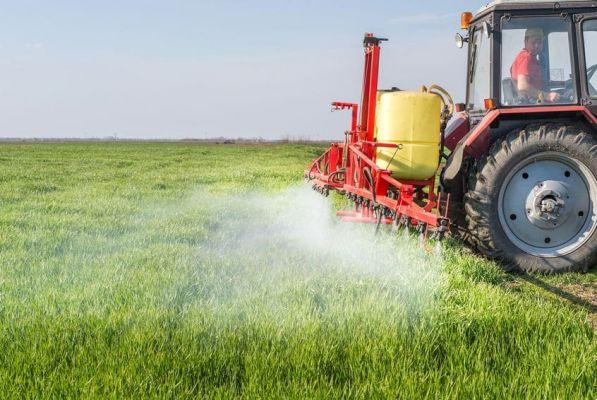
Impacts on the environment
There are a number of legal rules for the disposal of packaging - such as labeling, transport, storage, disposal methods, reverse logistics, seller guidelines, fines for improper disposal, final destination of waste and even advertising. Improper disposal is a crime, and its consequences are devastating for the environment.
Some instructions for safe disposal involve: completely emptying the packages in the sprayer tank; triple washing (a washing process that must be repeated 3 times); destruction of the bottle (through holes and cuts, so that the bottle cannot be reused); take the containers to the appropriate place for return; keep the return receipts to present in cases of inspection and add clean water up to ¼ of the volume of the bottle, cover and shake for 30 seconds. Repeat the operation 3 times. The water must be thrown into the sprayer tank);
The problem is that, even if the handling and disposal are done correctly, the simple application in plantations can also put the entire ecosystem at risk. Pesticides are increasingly potent against pests, but on the other hand they end up reaching other animals (such as earthworms and bees) and plants. Not to mention that they contaminate the soil and groundwater, and can remain in fish and insects even after their death, harming the entire food chain.
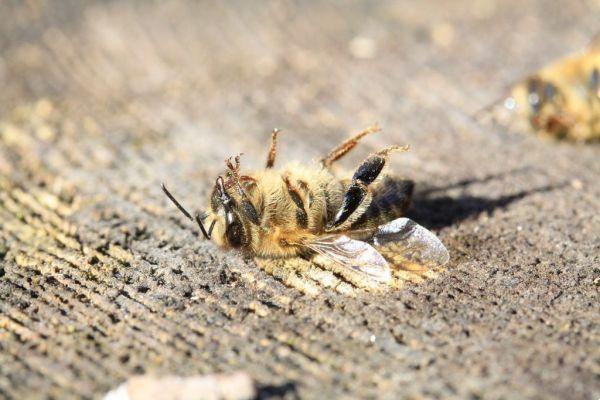
contamination levels
Currently, there is no way to prevent the arrival of pesticides at the consumer's table. Whether through water or food, pesticides are a reality in our diet.
In España, the maximum tolerated residue limits (MRL) are much higher than in the European Union (EU), according to Larissa Mies Bombardi, a researcher at the Laboratory of Agrarian Geography at the University of São Paulo (USP).
On the use of glyphosate (the most used herbicide in the world), for example, she says that, in drinking water, the country authorizes an amount 5.000 times greater than that allowed by the EU. As for residues in soybeans, the limit is 200 times higher.
On the one hand, pesticide manufacturers and regulatory agencies around the world guarantee that they are safe for human health, as long as they are handled properly and at low limits.
On the other hand, research and court decisions have associated agrochemicals with diseases such as cancer. This is a debate that does not seem to have an end, and it is necessary, until we reach an honest opinion and based on the interest of the population, for the protection of their health.
champion foods
After an analysis carried out with some foods, the National Health Surveillance Agency (Anvisa) released a list of those most affected by pesticides (data from 2018), and the great champions in contamination were: peppers, grapes, cucumbers, strawberries, cabbage, pineapple, papaya, lettuce, tomato and beetroot. In this survey, the potato was the only vegetable examined that did not present any contaminated batch.
Some foods are more contaminated than others because of their structure: the more water and less fiber they contain, the higher the concentration of pesticides. There is no way to avoid consumption, but it is possible to reduce – albeit timidly – the residues, washing very well with water and neutral soap before consuming.
Peeling fruits and vegetables does not guarantee less contact with pesticides (since some chemicals enter plant cells), and it also eliminates most of the vitamins present in the peel.
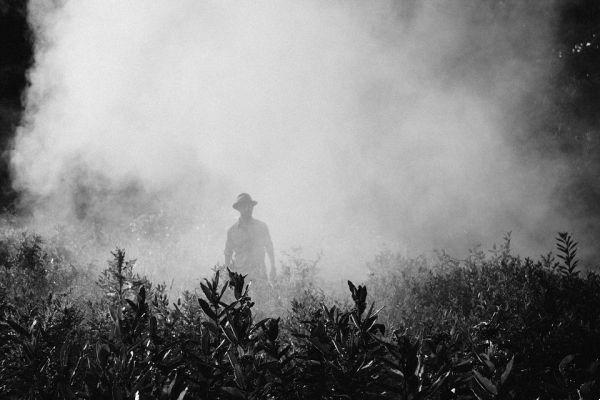
Is the solution in organics?
In contrast to the increasing releases of new pesticides in Spain, organic production has been growing – data from the Ministry of Health released in April 2019 reveal that there was a 200% growth in the number of producers in this field.
This increase may reflect a greater concern with health, in the search for consuming foods without poison. However, despite this considerable growth, organic food is still far from being accessible to a good portion of the population – especially low-income ones.
Organic foods are still not as readily available to many people, and are generally much more expensive than conventional foods. This makes organics almost a luxury item among the poorest.
However, the vast majority of consumers understand the risks of foods with poison and would like to buy more organic ones – according to a study carried out by Datafolha, released at the end of July 2019.
According to another survey, carried out in 2017 by the Spanish Council for Organic and Sustainable Production (Organis), more than half of respondents from the South, Southeast, Northeast and Midwest regions, price is the main obstacle to consumption, followed by lack of access and information.
There needs to be more incentives for production, especially for small producers, for family farming. Some communities are mobilizing to make organic produce more accessible. There are already initiatives such as community gardens, which, in addition to bringing food to those who need it most, are also an incentive for local development and sustainable consumption, generating positive impacts on the environment.
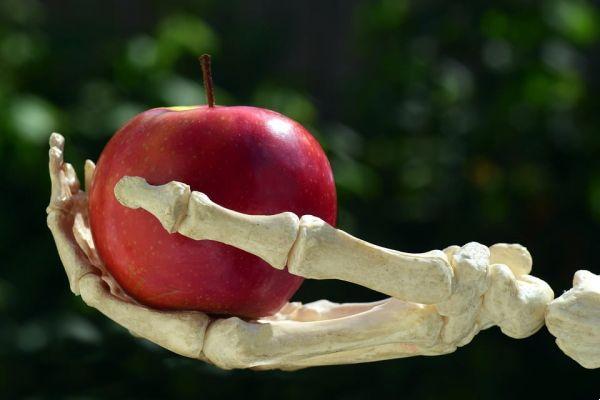
Alternative to pesticides
The growing concern with health, given the harmful effects of pesticides on the body, and also with the impacts on the environment, has brought the search for alternatives to the pesticides used lately.
One of these solutions that has been gaining a lot of space lately is agroecology. In contrast to agribusiness – which defends the use of pesticides, fertilizers and GMOs –, agroecology aims to guarantee the production of healthy food for those who produce and for those who consume it.
It is a model of agricultural production that uses techniques that maintain the land in fertile conditions of production, preserving the productivity of the soil in the long term. Among these techniques, the following stand out: composting, the use of natural pesticides (products that help protect plants against pests, but that do not offer toxicity and health risks), crop rotation (in which the soil is not exclusive to a single type of planting, but varying the food for each planting), planting diversity (similar to a home garden, in which the soil is used for the simultaneous planting of different foods).
There are several other options for us to continue planting and producing poison-free food. España needs to walk together with other countries in the trend of reducing the amount of pesticides, in addition to investing more in family farming and making access to organic products viable.
It is necessary to find a balance for the use of pesticides, to look more at the health issue (instead of attending only to the interests of large producers and the pesticide industry). The effects of the poison on the table of Español also generate costs for the government – especially with regard to public health.



